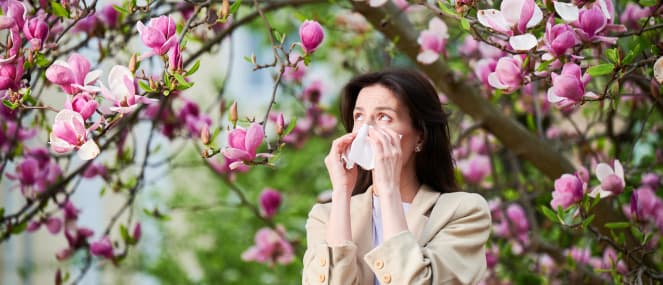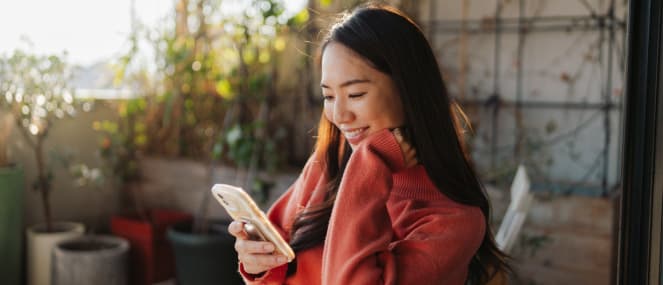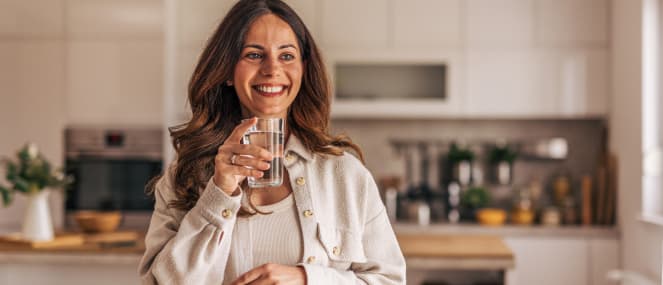
- Health hub/
- Tips & Advice on Improving your Everyday Health/
- Reduce, Re-use, Recycle


We all know this catch phrase. I was reminded of it recently when I took my box of recycling to put into the shared recycle bins at my home. I realised that my heart sinks every time I go to put my carefully separated and collected recyclable items in, and I see that the bin has already been contaminated by non-recyclable items. Oh no!, I think, Has my effort been wasted?
I used to live in a block with over 100 units, and there was a resident who tirelessly sorted through the bins, to combat this exact problem. Seeing him was the catalyst for me to get serious about recycling. I realised that all I needed was a box that sat next to my regular bin. That, combined with a compost bin near my sink, made for a surprisingly small amount of rubbish that needed to go into the regular bin. I was actually quite surprised about how much much of my rubbish could be disposed of in an environmentally friendly manner. It felt empowering! All I needed to do was become aware of what could and couldn't be recycled, set up an easy system, and then a habit has become established. Now, I don't even think about it.
If you are keen on honing your recycling skills, I have included a bit of information to keep you up to date. I recommend checking with your local council to find out what they accept for recycling, but in general, these are the recycling guidelines for council collected recycle bins.
The following items can be recycled in common recycle bins:
- all plastics coded 1 to 7 (with the triangular symbol with arrows around the number)
- paper and cardboard, including magazines, newspapers, books, food packaging, pizza boxes (hint: rip the plastic window out of envelopes to recycle them)
- glass bottles and jars (but not the lids if they are plastic)
- aluminium and steel cans and tins, including aerosols.
The following items can't be recycled in common recycle bins:
- plastic bags (the NSW Department of Environment and Climate Change says that this is the worst kind of contamination in our recycle bins)
- broken glass, crockery, mirrors
- syringes
- food scraps
- non-recyclable plastics (eg. chip packets, plastic food wrap, Styrofoam)
- garden waste
If you're not sure, put it in the regular bin.
Another tip is to lightly rinse food containers with left over dishwater (so as not to waste water). Dirty recycling loads can be rejected, attract vermin to your bin, and be unpleasant for workers at the recycling plant!
Recycling saves resources that would otherwise end up in landfill, reduces carbon pollution, and saves energy and water, so to me feels like a really valuable thing to participate in.
Happy recycling!
Further reading:




